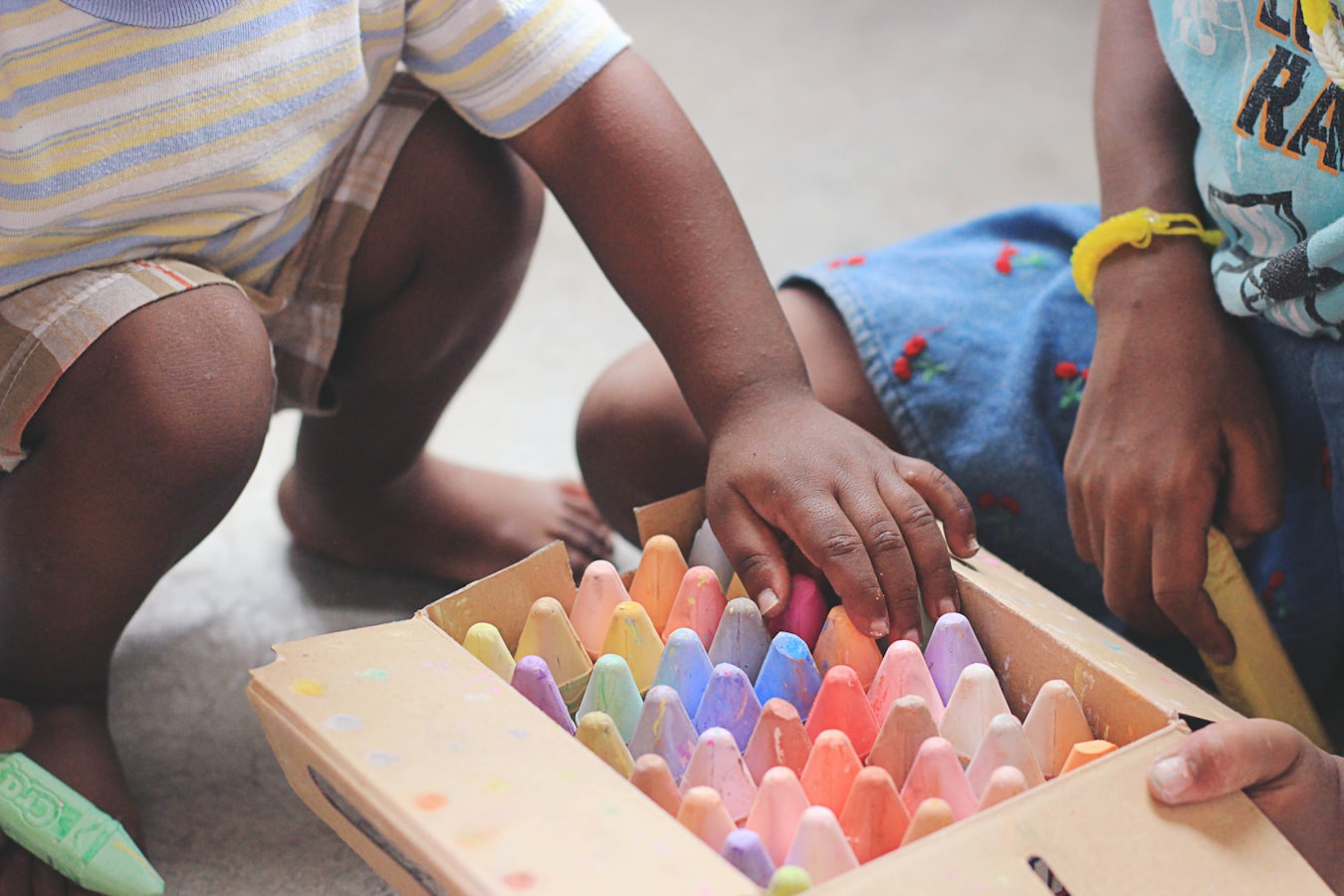(Nairobi/Geneva) 15 December 2021 — Key stakeholders to transitional justice processes in South Sudan today adopted a joint strategy and plan of action to accelerate the implementation of existing commitments under the 2018 Revitalised Peace Agreement. This concluded the “Conference on sustaining momentum for transitional justice in South Sudan,” held virtually and in Nairobi from 13 to 15 December.
Initiated by the United Nations Commission on Human Rights in South Sudan, participants included representatives of: the Revitalised Transitional Government of National Unity of the Republic of South Sudan; the Transitional Justice Working Group representing civil society and victims’ groups; the Reconstituted Joint Monitoring and Evaluation Commission for the 2018 Revitalized Agreement; and delegates of the African Union and the UN system.
Commission Chair Yasmin Sooka opened the Conference by identifying the centrality of transitional justice processes to peace and nation-building. “Transitional justice is about truth recovery, accountability, reparations for survivors, and institutional reform. If done well, this has the potential to restore the trust of South Sudanese people in the State, and to signal the government’s commitment to work for all its people, irrespective of ethnic identity,” she said.
Chapter 5 of the 2018 Revitalized Agreement provides for a holistic and comprehensive program of transitional justice to address widespread human rights violations, including through the establishment of: a Commission on Truth, Reconciliation and Healing; a Hybrid Court; and a Compensation and Reparations Authority. Ms Sooka noted that Chapter 5 is also linked to the implementation of the security arrangements set out in Chapter 2, as well as to good governance including the management of South Sudan’s finances and oil reserves.
“I want to say there is political will on the side of the Government of South Sudan,” remarked South Sudan’s Minster of Justice and Constitutional Affairs Honourable Ruben Madol Arol Kachuo. “We need to have benchmarks that we can agree and meet with regard to implementation of the agreement,” he added.
After prolonged delays, in January 2021 the Revitalized Transitional Government of National Unity mandated the Ministry of Justice and Constitutional Affairs to initiate implementation of the transitional justice mechanisms alongside other constitutional and judicial reforms. To sustain this momentum, the Ministry of Justice this week committed to convening partners within 6 months to take stock of progress on implementing the transitional justice processes.
“The Commission on Human Rights in South Sudan should support us and all our partners to ensure we are at a better stage on these processes,” said Minister of Defence and Veterans Hon. Affairs Angelina Teny. Also in attendance were Minister of Gender, Child and Social Welfare Hon. Aya Benjamin Warille, and Minister of Peacebuilding Hon. Stephen Par Kuol.
Deputy UN High Commissioner for Human Rights, Nada Al-Nashif, welcomed recent developments such as the government’s steps toward establishing a truth and reconciliation commission, while also noting delays and a lack of progress in this and other areas. She also noted the importance for the government “to fast-track broad-based public consultations on the establishment of the Commission for Truth, Reconciliation, and Healing, and to further liaise with the African Union Commission regarding the establishment of the Hybrid Court.”
“Transitional justice is critical for the people of South Sudan who desire accountability,” said Ambassador Bankole Adeoye of the African Union Commission (AUC). “It is for this reason that the AUC fully supports this conference… for building peace in South Sudan,” he continued.
Guang Cong, Deputy Head of the United Nations Mission in South Sudan (UNMISS), added that “local ownership of transitional processes will be crucial to ensure their success,” while commending the government on its recent establishment of a transitional justice task force.
Gordon Lam, member of the Transitional Justice Working Group in South Sudan, highlighted impacts of the prolonged delays in implementing existing agreements. “Victims who are displaced and have suffered sexual violence demand justice. Because of delays in the transitional justice processes, emotions are transferred to the children,” he said. He also noted that the shrinking space for civil society actors in South Sudan restricts them from participation in these processes and, critically, limits the voices of victims from being heard and incorporated.
A core theme throughout presentations and discussions was the need to restore the fabric of South Sudanese society by building a culture of accountability in the country. Participants emphasised the need to create an enabling environment for meaningful dialogue and the participation of the public and victims in justice processes, by expanding and guaranteeing civic space, and paying attention to witness protection and security, among other things.
Other key needs discussed were for: the country’s diversity to be reflected in each step of all processes; adequate funding and resources to be allocated for implementation prioritising institutional and constitutional reform; prioritisation of reparations; strengthening of domestic justice systems, including military justice mechanisms; harnessing the contribution of traditional justice; engaging with actors who are not party to current peace and political arrangements, including military and security actors; and better coordination between the AU and government.
“We should not let idealism be the enemy of realism,” noted Francis Deng, former Special Advisor to the UN Secretary General on Prevention of Genocide, who stressed the need for the effective management of South Sudan’s diversity. “The most important point is to address root causes, including by becoming inclusive,” he concluded.
The Commission is mandated by the UN Human Rights Council to monitor the human rights situation in South Sudan and to support the implementation of its transitional justice program. In December 2019 the Commission hosted a workshop on transitional justice in Addis Ababa, Ethiopia, and in October 2020 published a conference room paper








